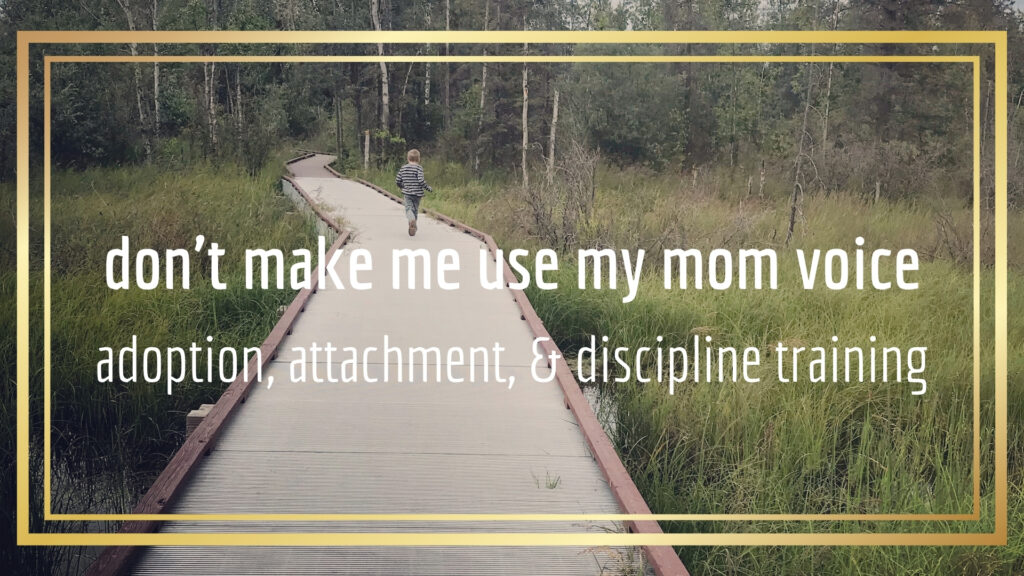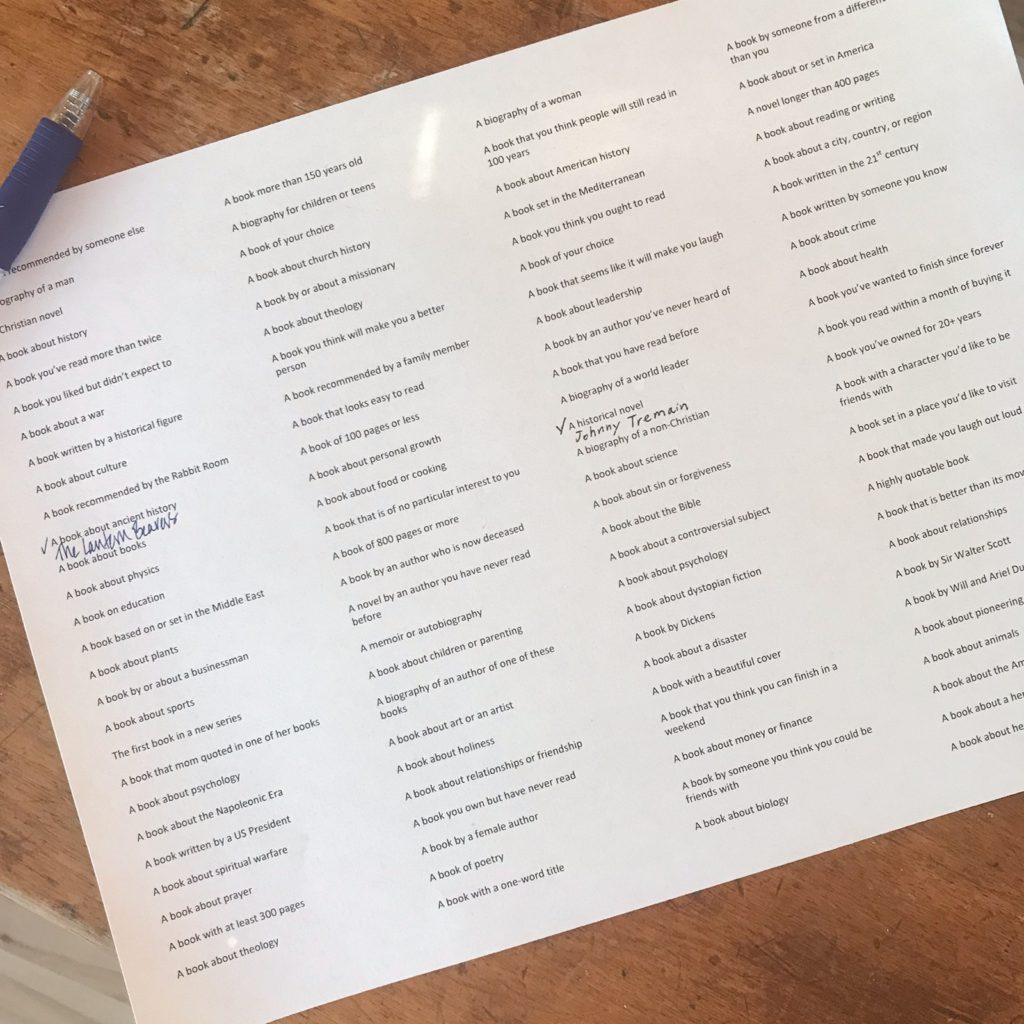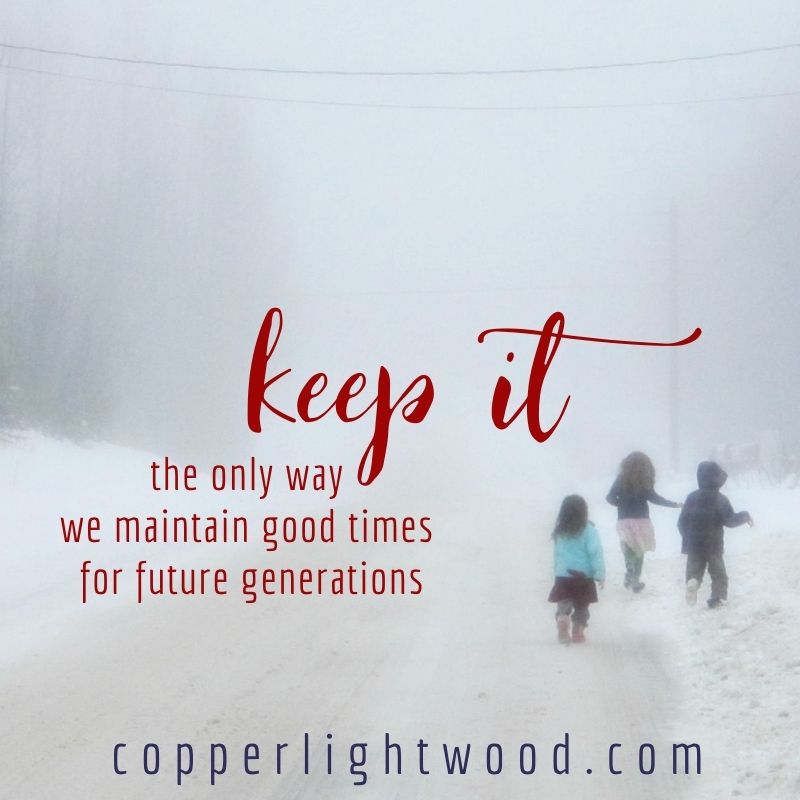Thirty-seven thousand dollars. That’s how much it cost to adopt two of our children.
And that was – forgive me – a screaming deal. We adopted them at the same time, from the same country, on one adoption fee instead of two separate fees. Many adoptions cost that much or more just for one child.

Talking about the numbers and the money bothers me because children are not commodities. Ignorant people joke to adoptive families about buying or selling children, revealing their cluelessness about the reality of child trafficking. Adoption expenses are not a sale; it’s more like ransom money to get children out of institutions where they are languishing and put them into a family where they can heal.
And if you’ve adopted or have been a reader here for any length of time, you already know. Healing can take a long time.
And healing is worth it.
But here’s why I’m bringing up the money and numbers: Those costs do not come close to those incurred after adoption, literally and metaphorically. And people need to know that. People making insensitive jokes need to know; people thinking adoptive families get paid (what the what?!) need to know.
Potentially adoptive families need to know.
In discussing all the adoption costs with different agencies, it was never required (or even recommended) that we save for therapy. Personal health insurance was required, yes, but that doesn’t begin to cover the entire costs of therapy and counseling for multiple people in a family – parents, adoptive children, biological children – who undergo the turmoil, trauma, and secondary trauma those early adoptive years often involve. When you are replacing a destroyed mattress every six months for the first two years and repairing or replacing other damaged necessities, the copay for therapy becomes out of the question since it’s not a basic need.
We applied thousands of dollars to our international travel expenses. Hundreds of dollars were set aside to be converted to euro and lev just for meals. But also, it would have been good if we knew to set aside an account for therapy — $3000 to $5000 would have been a good start.
Why don’t adoption agencies require or recommend this? I mentioned it to a friend, and her response was, “They’ll never do it. Adoption agencies are making a sale, not equipping people for life after adoption.”
It sounds jaded, but from my experience I have to agree with her. Are we wrong? I hope adoption agencies will prove it.
It’s not just adoption agencies, though. Friends who adopted through foster care and private adoption said this:
NO ONE PREPARED US. And we know they knew. Other families were and are our saving grace in this area of support.
It would have taken just one home study writer or one agency worker thirty minutes to give us the real low down, and no one ever did.
I contacted our adoption agency three times about Upside Down after it gained the merit of being featured on Focus on the Family. I told them we hear from adoptive families all the time. Most of these families are desperate, and almost all of them tell us that Upside Down has the information they wish they had before they adopted. So I asked our adoption agency to consider making it one of their required (or at the very least, recommended) materials.
Three times I contacted them. Why three times? Because I never heard back. Not once.
We adopted two children with that agency. We are one of their families. And I never heard back.
Maybe my friend is right. Maybe they are more interested in the sale, and not interested in equipping families. Maybe they are concerned about losing a sale if they scare people off.
(Maybe, after the obligatory first two years of intrusive home visits by a 20-something social worker whose sole parenting experience was with her biological toddler in a two-income family, they figured we’d consumed the entire plethora of support they offered and we were on our own. Or maybe that was just us.)
But here’s the thing: If a family is easily scared off after reading a 100-page book or being told that part of the requirement for adoption is to save a few thousand dollars in an account for future therapy, those families should not be adopting in the first place. This is an easy filter.
I’ll be contacting that agency again soon, and several others also. We’ll see if the response is better this time. (UPDATE: After some emails back and forth over about 6 months, our former agency last told us they got a copy of the book and were still reviewing it — it’s a 40 minute read, front to back — and then declined to return my phone call or last email. So it sadly looks like they are in the business of selling adoptions, and not supporting adoptive families.) And if you are an adoptive family, you are welcome to contact your agency and recommend materials you wish you’d had when you were in process, too.
Meanwhile, though, what can we do for adoptive families now? How can we encourage and empower them, and help them toward wholeness? What can we offer to potential adoptive families who are rightly curious about what they might be signing up for?
We can be honest with them, because what we’ve learned hasn’t come cheap. We can be as transparent as possible while still honoring the privacy of our kids and families.
The core of adoption support is not going to come from professionals who don’t have personal adoption experience. Those services are basic and they can help, but the most impactful support to adoptive families is going to come from other adoptive families who have been there. If that weren’t the case, one of the most common things we hear from adoptive families wouldn’t be “I would never tell this to someone who hasn’t adopted, but I know you understand.”
But that’s what we hear, because we do understand. Nine years later, we’re still walking this out every day.
So here is some of that honesty from a mom who’s been there: Don’t Make Me Use My Mom Voice: Adoption, Attachment, & Discipline, a 1-hour training by yours truly. This was originally requested by an adoption agency who is actively equipping their families, and now we’re making it available to other adoptive (or potentially adoptive) families who need it. Foster families, too. This training will help you feel more equipped in all your parenting and relationships and personal wholeness.

We need people who have been where we are – and are still walking that road – to come alongside us and say, You’re not alone. You’re right, you really do know what you’re talking about even when you don’t feel like you know nearly enough to do this. This is really hard, but we’re going to get through it.
And that’s cheaper than therapy.



